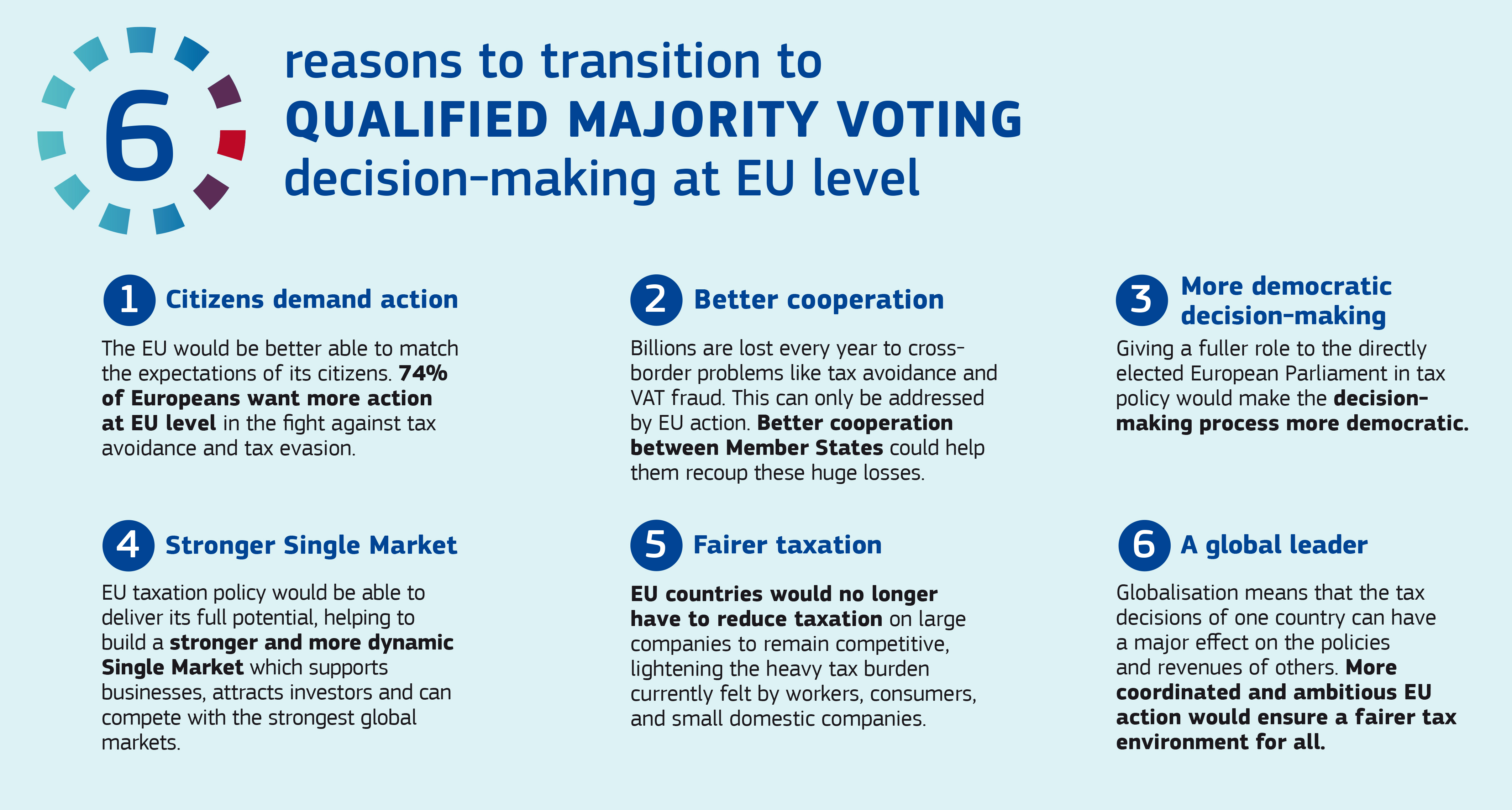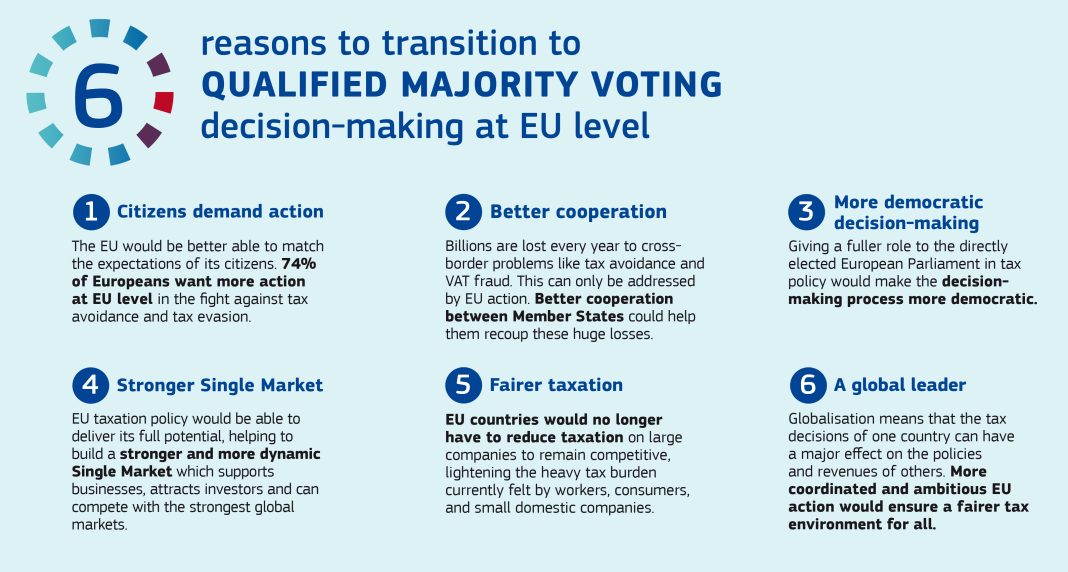 UK Government Not Planning to Follow EU’s Tariffs on Chinese Electric Vehicles
UK Government Not Planning to Follow EU’s Tariffs on Chinese Electric Vehicles
During his trip to Italy to meet with counterparts from other G7 countries, Business Secretary Jonathan Reynolds stated that the Labour government is not currently planning to follow the European Union’s (EU) decision to increase tariffs on Chinese-built electric vehicles (EVs). Reynolds mentioned that he wants to make the “right” decision for the industry and is not ruling out the possibility of implementing tariffs in the future. However, he emphasized the importance of considering the impact on the export-oriented industry before making any decisions.
The EU recently imposed tariffs of up to 38 percent on EV imports from China, citing unfair subsidies for Chinese firms. Reynolds discussed this move with EU officials during his trip. While he did not confirm whether the UK would follow suit, he expressed the need for careful consideration.
The UK government is also hopeful about reaching a comprehensive deal with the EU covering various economic, defense, and security issues. This indicates that the government is aiming for a balanced approach that takes into account multiple factors and considers the long-term interests of the UK’s automotive sector.
The Conservative party, before the general election on July 7, did not announce any plans to impose tariffs on Chinese EVs. However, they have committed to launching an investigation if the industry calls on the Trade Remedies Authority to do so. This suggests that the government is open to addressing concerns raised by the industry but wants to ensure that any actions taken are based on thorough investigation and analysis.
China has become a significant supplier of EV vehicles and batteries due, in part, to government subsidies. In 2021, nearly 80 percent of all lithium-ion batteries for electric vehicles globally were produced in China. Furthermore, by 2023, approximately one in five EVs sold in Europe is expected to be manufactured in China. This indicates China’s dominance in the global EV market and its ability to compete with established players.
The EU’s decision to impose tariffs on Chinese EVs follows a similar move by U.S. President Joe Biden, who quadrupled the tariff rate on Chinese EVs from 25 percent to 100 percent in May. Canada has also announced plans to impose tariffs as a measure to protect jobs. As a result of these punitive tariffs, some Chinese manufacturers have started relocating factories or considering the move. BYD, for instance, has announced plans to build factories in Hungary and Turkey. By meeting the rules of origin under the UK’s trade deals with the EU and Turkey, BYD would be able to avoid tariffs on exports to the UK.
However, experts have raised concerns that this could make it challenging for domestic manufacturers to compete with Chinese brands. This highlights the potential impact of trade policies on the competitiveness of the UK’s EV industry. The post-Brexit EV trade framework between the UK and the EU stipulates that a certain percentage of a vehicle’s value must be made in the EU or the UK to be eligible for zero percent tariff when exported.
Aside from concerns about unfair subsidies, there are also worries about safety and human rights issues associated with Chinese EVs. Sir Richard Dearlove, former head of MI6, has suggested that the Chinese communist regime could remotely shut down vehicles in the UK if there is a deterioration in the countries’ relationship. Additionally, a report from Sheffield Hallam University has highlighted the risk of major car brands sourcing materials from companies linked to human rights abuses in Xinjiang.
In conclusion, while the UK government is not currently planning to follow the EU’s tariffs on Chinese electric vehicles, it is open to considering such measures in the future. The government aims to make informed decisions that take into account the interests of the automotive sector, potential trade deals, and concerns related to safety and human rights. The evolving landscape of global trade and the dominance of China in the EV market make it crucial for the UK to carefully navigate its trade policies and ensure a competitive and sustainable industry.


